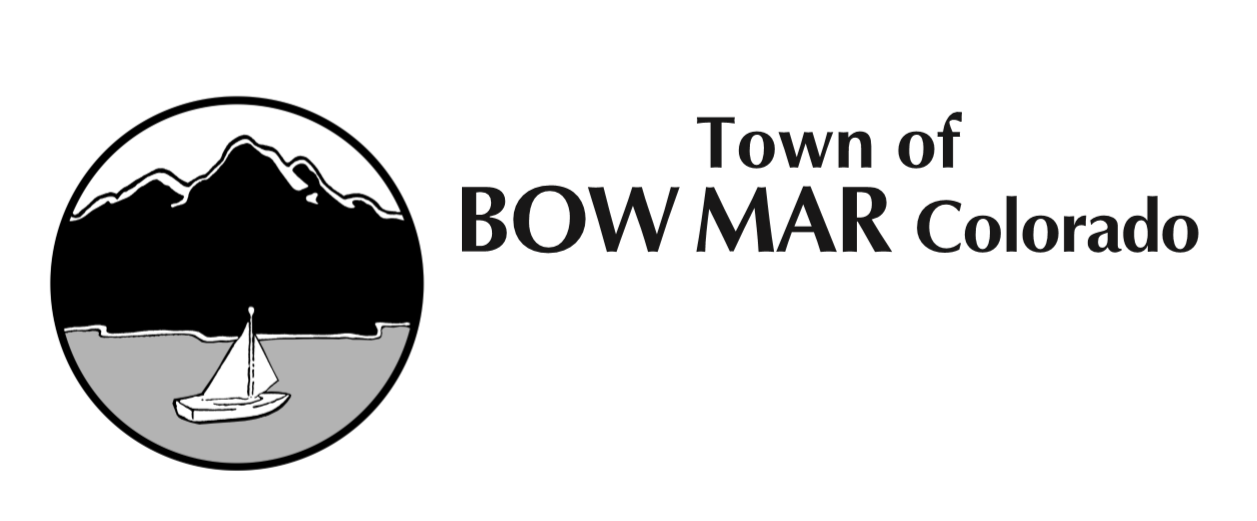Mail Theft & Identity Theft
Mail Theft & Identity Theft

Mail & Package Theft: Preventing & Reporting
According to the United States Postal Service, “From 2018–2023, postal inspectors arrested almost 9,000 suspects for theft of mail and packages.” Following a few simple tips from USPS may help prevent theft of items delivered from the post office:
- Promptly pick up mail
- Inquire about overdue mail
- Arrange for prompt pickup
Depending on the value of shipped items, consider using the “hold for pickup” option when shipping and/or request signature confirmation.
To report mail or package theft, click here and provide as much information as you can. This reporting is for packages shipped by USPS—not UPS or FedEx.
Identity Theft: Identifying, Preventing & Reporting
Identity theft is the fastest growing crime in America. Each year, millions are victimized by this senseless crime. Technological advances and the proliferation of the Internet have only enhanced our exposure to thieves seeking to steal our identities.
Identity theft may come in multiple forms, but its impact is always frustrating and oftentimes devastating. In fact, anyone can be a victim of identity theft. For this reason, it is vital that everyone understand how to protect themselves.
Signs It’s a Scam
- Scammers pretend to be from an organization you know like the Social Security Administration, IRS, Medicare, or a utility company or charity. They use technology to change the phone number on your caller ID.
- Scammers often say there is a problem or a prize. They may say you owe money, have won something, or that there is a virus on your computer. You may also be asked to verify personal information.
- Scammers pressure you to do something immediately. They want to catch you off guard before you have a chance to think twice. They may threaten you with arrest, losing a license or business, or that your computer is about to be corrupted.
- Scammers often tell you to pay in a specific way – either through a transfer company, gift cards, or sending you a fake check for you to deposit.
Ways to Protect Yourself
- Block unwanted calls and text messages. Don’t answer numbers you don’t recognize. If they are trying to reach you, they will leave a message.
- Never give personal or financial information in response to a request that you didn’t expect. If you don’t know if a call or email link is legitimate, contact the sending organization through a website or phone number you know is trustworthy. Do not assume a phone number or website you are provided is connecting to you where they say it is.
- Resist the pressure to act immediately. Legitimate businesses will give you time to make a decision.
- Never pay someone who insists you pay with a gift card or money transfer service. Do not deposit a check and send money back to someone.
Report Scams
- If you were scammed or think you saw a scam, report it to the Federal Trade Commission.
- If you did provide any financial information, report it to your financial institution(s) immediately. You can place a Fraud Alert on your credit cards. Learn more at IdentityTheft.gov.
- Alert the police.
